Games For Change wants to create a better world through gaming
Can a video game conference change the world?
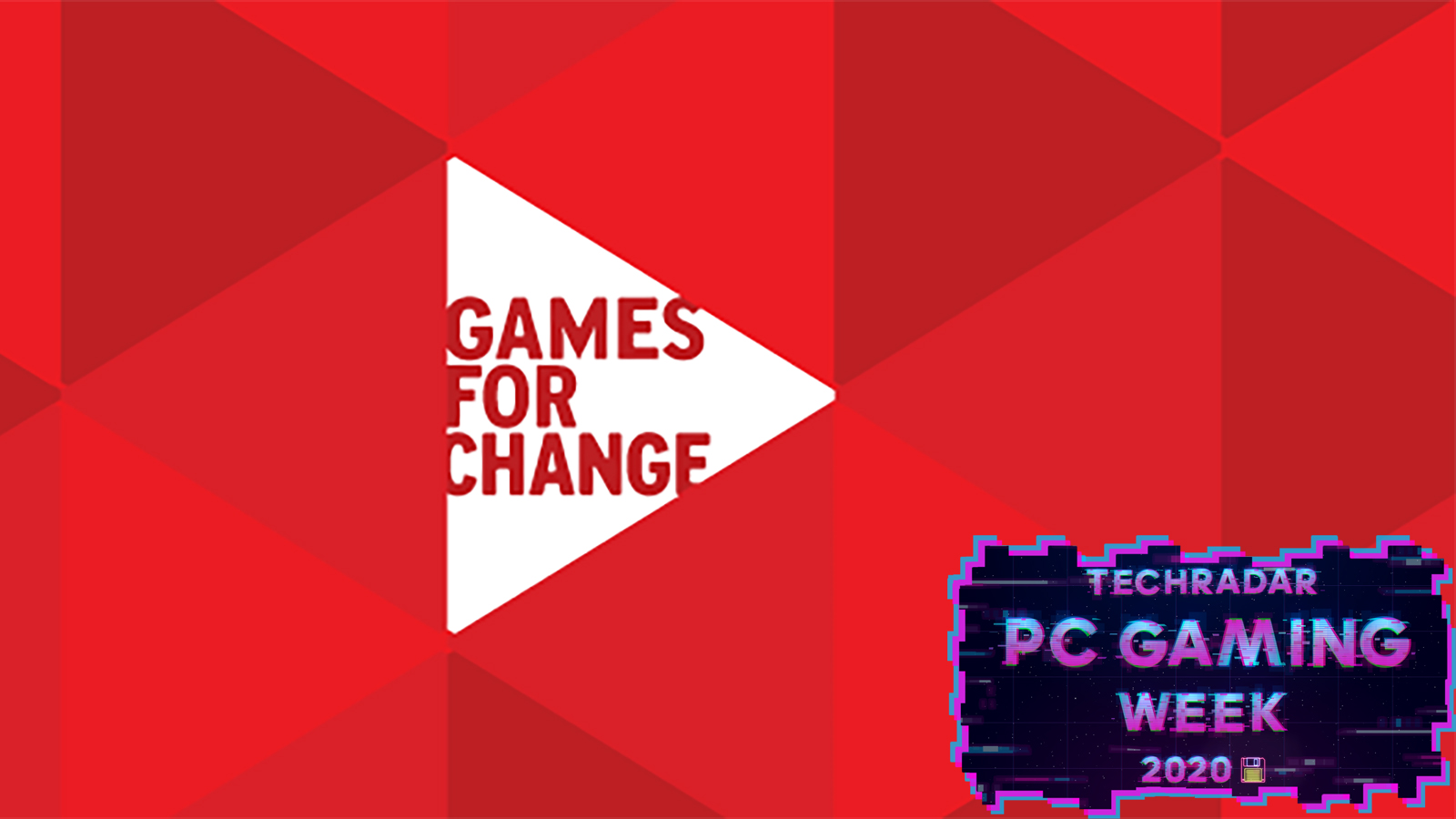
On July 16th, Games for Change finished their 17th annual – and first entirely virtual – festival, bringing together many thousands of online attendees in an entirely different kind of games conference.
Founded in 2004 in New York City, Games for Change has a simple but daunting mission: to help facilitate the creation and promotion of video games and related technologies to not just entertain, but to challenge and to advance positive change in the world.
The challenge isn't just about the plight of refugees or the neglected histories of indigenous peoples, though it definitely includes that. In many ways, the challenge is about changing the industry itself.
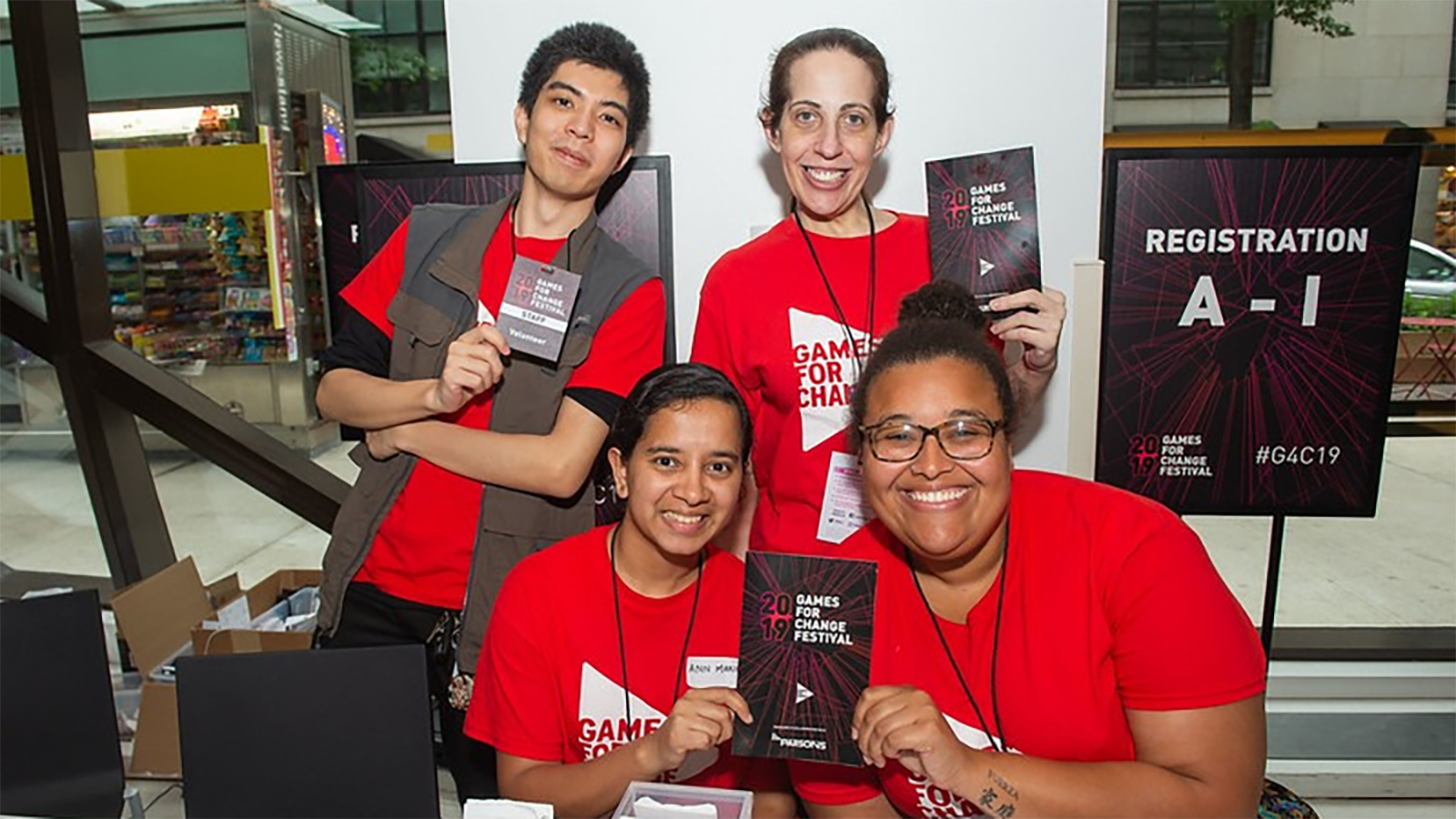
The importance of representation in the video game industry - on and off the screen
Issues of representation and inclusivity have been a major – and often-times controversial – subject in the tech industry more broadly, but it is especially relevant in the video game industry as video games take up more and more space in our culture.
Susanna Pollack, the president of Games for Change, believes that any progress towards more genuine representation in video games is downstream from the video game studios themselves.
"I really think its about representation in the game studios themselves and it's an issue that certainly affects people of color, people who are marginalized, LGBTQ+, and women as well," she tells us.
"And the hiring practices, of certainly the big studios, but also in terms of funding and investment into smaller studios needs to identify the fact that there are needs for new stories to be told that are more inclusive and diverse."
Sign up for breaking news, reviews, opinion, top tech deals, and more.
It's not like the money isn't there to hire and invest in developers and studios that offer more diversity. Video games are now a $120 billion-plus industry and the number of developers and the availability of game platforms from mobile to consoles to browser-based gaming is also more widespread than ever before.
For context, global box office revenue for the entire film industry in 2019 was $41.2 billion, or about a third of what video games hauled in last year. Video streaming, meanwhile, pulled in just under $37 billion in 2018 and is expected to grow to about $87 billion in 2026.
The video game industry is expected to pull in about $200 billion by 2022, completely dwarfing film as the world's largest cultural product. With all this money sloshing around, there is more than enough capacity to expand the scope of the types of games being produced as well as the diversity of the creators themselves.
"There needs to be an investment in people," Pollack says, "whether its hiring to bigger studios or supporting smaller studios or encouraging a diverse population or student bodies in higher education or even starting at a younger age."
In order for this to happen, there needs to be an "understanding [within the industry] that underrepresented communities can have a place to express their voices through this creative media of video games," she says.
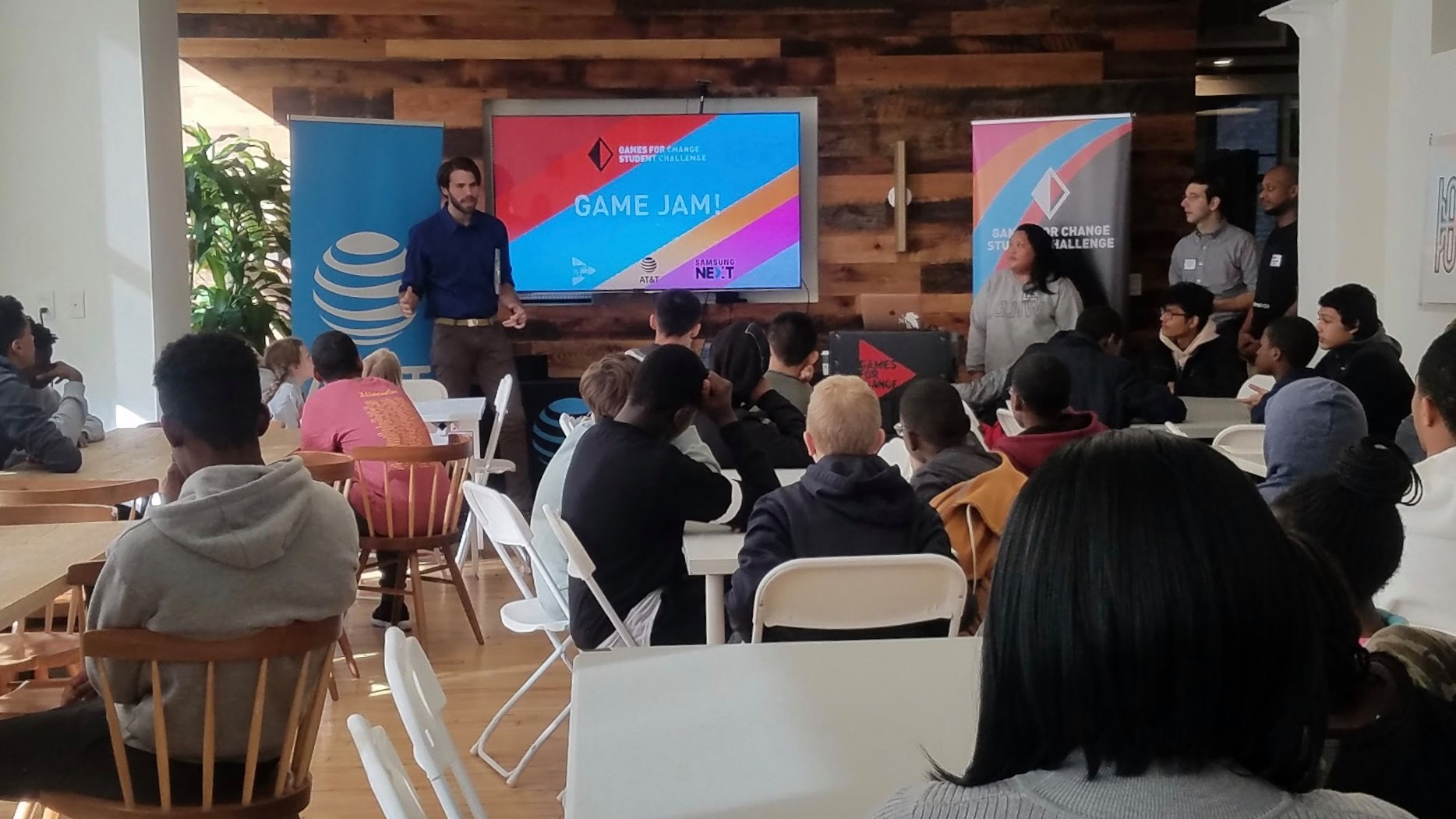
To that end, Games for Change isn't waiting for the industry to make these changes on their own and in their own time. The larger the institution, the more likely it is that inertia and group think will reign within it, so outside forces have an even greater responsibility to push the industry and to push it hard, something that Games for Change takes seriously.
"At Games for Change, we run a game design program to encourage young people to think about how they can become creators of this media instead of just consumers," Pollack says.
By putting kids in the position of being potential creators, rather than just consumers of this enormously influential cultural product, Pollack believes, video games can become a way for young people to reshape our cultural perspectives the way they do with other cultural products like film, literature, and music – something educators themselves are starting to recognize.
"What we’re seeing in our program at least is that our program is being brought into schools by humanities teachers – English teachers, social studies teachers, et cetera – who can use the process of game design as a way to encourage kids to think about the world in a different way."
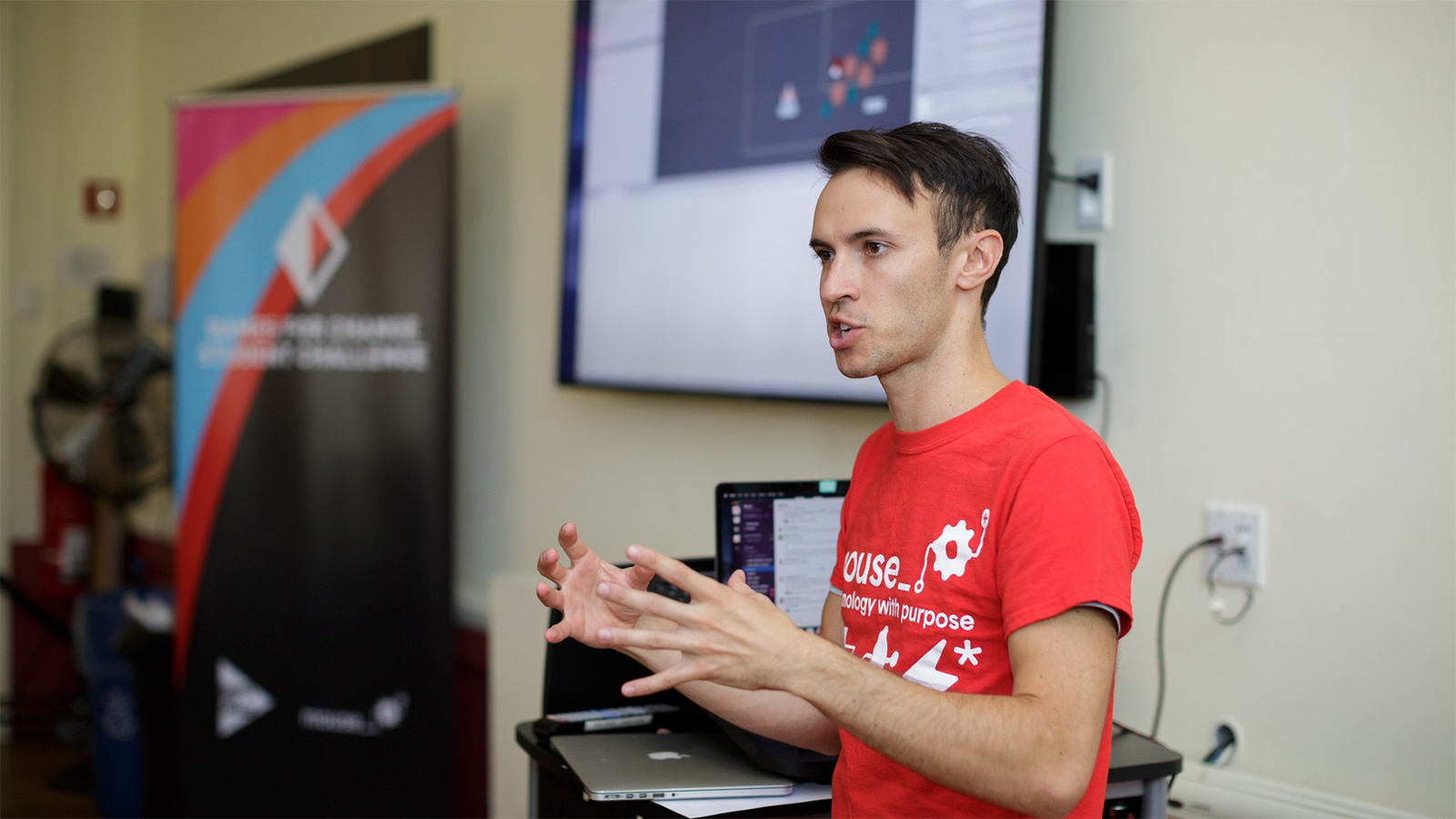
To what end though? By now, the history of sexism and racism in the video game industry is pretty well-established, reinforced in important ways by the video games themselves as cultural products and influenced.
When you grow up playing video games where women are little more than rewards for male protagonists who defeat a big bad boss who has kidnapped them, it's little wonder that you see these same trope reappear in otherwise fantastic video games being produced today, such as The Witcher 3: Wild Hunt.
When that game was released, it came under fire immediately for the recurring sexist trope of sexual access as a reward for the male protagonist - which is frankly just one of its many representation issues
Game studios, Pollack says, need to recognize that "there’s an audience out there that’s female or identifying as female or not identifying at all – or even with male audiences – where the tolerance level for this kind of representation of women is lowering."
While this is one of the more glaring issues, its far from the only one affecting representation in video games and that our tolerance for these misrepresentations is degrading rapidly.
"I think the industry is just going to have to respond and since games are culture and reflective of what’s happening as a people in our cultural moment," Pollack says, "there is a responsibility to represent people, roles, orientations in a way that’s going to help build more inclusive acceptance and tolerance in our society."
Using games and related media to address critical social problems in our world
"When we talk about games and immersive media, what’s similar about both of them that allow for opportunities to address big social issues - particularly those about the human condition, like racism, poverty, hunger, or the refugee crisis experience that Clouds Over Sidra addressed," Pollack says, "it has to do with the first person aspect that you can experience through a game where you can step into someone’s shoes and experience the world as they experience it."
As one of the most famous uses of video game technology for social good, the VR experience Clouds Over Sidra presents the user with a classic day-in-the-life story of a young Syrian refugee named Sidra who was living in the Za’atari Refugee Camp in Jordan.
It was used by the UN and various NGOs working to alleviate the Syrian refugee crisis as a way to win funding for their efforts from otherwise hesitant donors and governmental bodies.
The 8-minute long VR-film was a huge success, generating more than $3.8 billion in donations towards the refugee crisis - about 70% higher than expected, with viewers donating at roughly twice the rate as they have after non-VR appeals - from places like the World Economic Forum in Davos, Switzerland and other major conferences..
"Even in a [non-interactive] VR experience," Pollack says, "You have the agency to look around this world in real time that removes a layer that puts you even closer to the content that drives empathy, which is what’s often talked about with VR being an 'empathy machine'."
That agency is one of the things that make video games and related technology so useful in driving social change. "The differentiator here is a sense of agency that you have," she says. "As a player in a video, you can change the outcome of that game, of that person’s story. You can try things, you can fail. You are making choices."
This agency is the driving force behind any video game, obviously, whether a tight first-person experience, a close third-person, or even the omniscient, omnipotent god-level perspective of simulation and strategy games like Frostpunk and the Civilization series.
"I think it has to do with the first-person aspect that you can experience through a game where you can step into someone’s shoes and experience the world as they experience," Pollack says, "or, as in Clouds Over Sidra, you’re in the world with them."
"You may not have a first-person experience, but you are a close confidant invited into that world and you are experiencing it in a much more intimate way than you would in a linear way in a documentary."
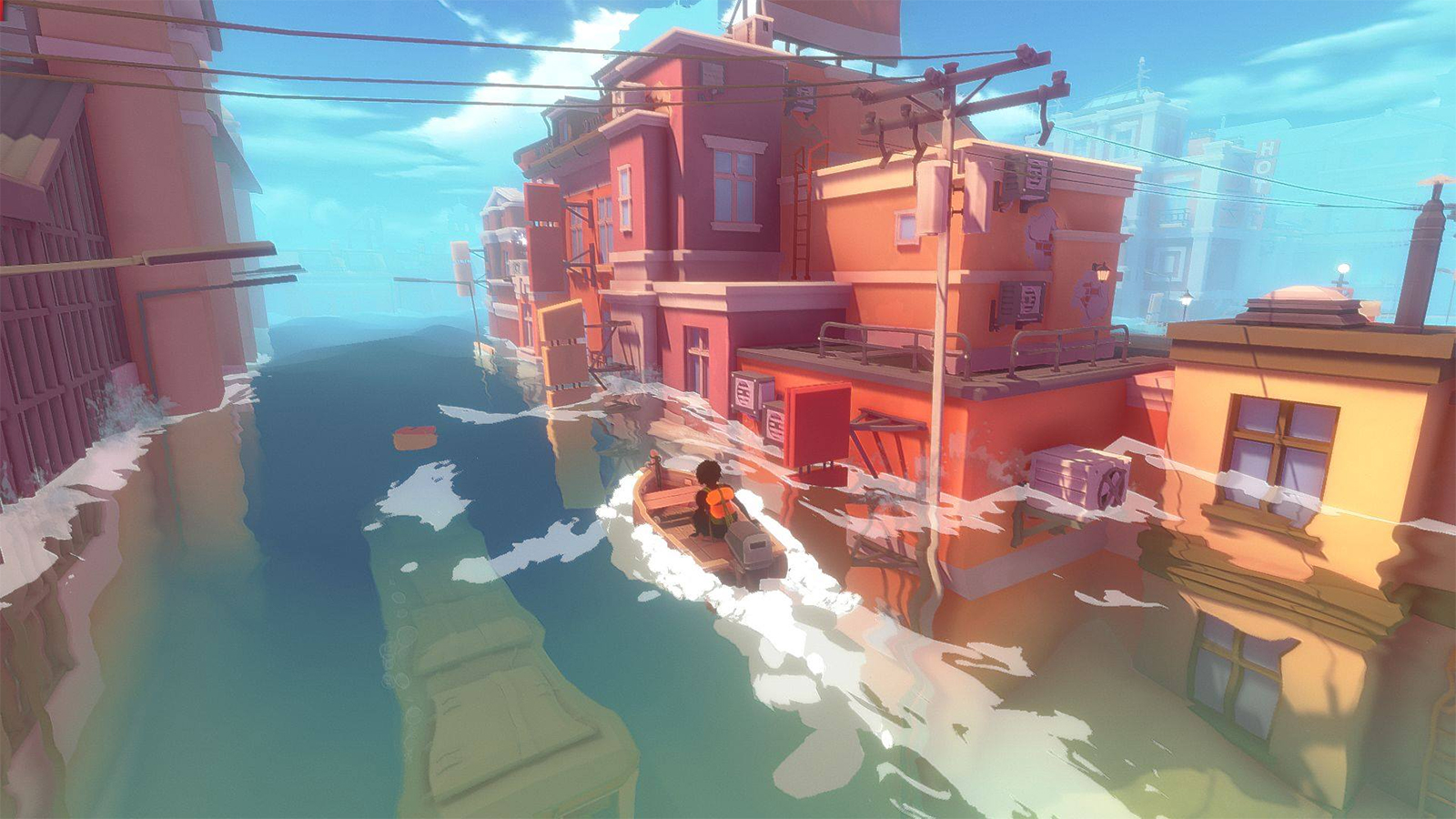
How Games for Change helps game developers move toward a more just and understanding world
Before Covid-19, the Games for Change conference would gather game developers large and small, along with video game industry titans from Ubisoft, Microsoft and the Electronic Software Association for several days of networking and panel discussions about using video games for the betterment of society, rather than just to entertain.
Their awards competition, with categories like Best Gameplay and Best Learning Game, has also seen incredible growth over the years, with games from developers large and small filling up their Games page.
"We had over 200 games submitted to our competition [this year] and this is the largest we’ve ever seen it," Pollock says. "So we’re seeing more developers from the independent space like [SweetXheart developer Catt Small] to bigger and AAA studios like Ubisoft and EA also realizing that there are stories to be told and games to be made that can have a positive impact."
The winners of the 2020 Games for Change Awards include well established studios like Media Molecule – who took home Game of the Year for their creative game Dreams – to smaller studios like Jo-Mei, who took home the Most Significant Impact award for Sea of Solitude, which is about a young woman overcoming loneliness and self-reflection as she tries to discover why she has turned into a monster.
"We’ve made a strong effort over the last several years to engage AAA studios and the larger ecosystem in our festival both as a way to introduce them to amazing talent," Pollock says, "but also to understand the opportunities and the responsibilities we believe they have to consider impact and a lot of the issues that we raise and discuss, whether its diversity and inclusivity or different areas of social responsibility."
Bigger studios have taken a much more serious interest in the festival as a result, Pollock points out.
"Five years ago," she says, "we started a focus on education and games and invited Ubisoft to participate in our first Games for Learning summit and they were wonderfully responsive."
"They sent teams from Assassin’s Creed, Just Dance, and other people to meet with our educators who attended the conference and were hearing stories about how teachers were looking for ways to mod Assassin’s Creed because they have fifth and sixth graders in the classroom who were learning world history and were falling in love with that subject through the game.
"It was a tremendous opportunity for them – it certainly wasn’t something they intended to do when they launched the game – but they built it in such a way that there was accuracy and authenticity in the periods of history that were explored or in the backdrop of the game.
"And now," she adds, "last year, they submitted and won the Games for Change Best Learning Game award for Discovery Tour, which is the educational version of Assassin’s Creed Ancient Egypt. Now, they're a regular staple at our conference and they've continued to do socially relevant games like Rabbids Coding which is up for Best Learning Game this year."
Rabbids Coding would go on to win that award.
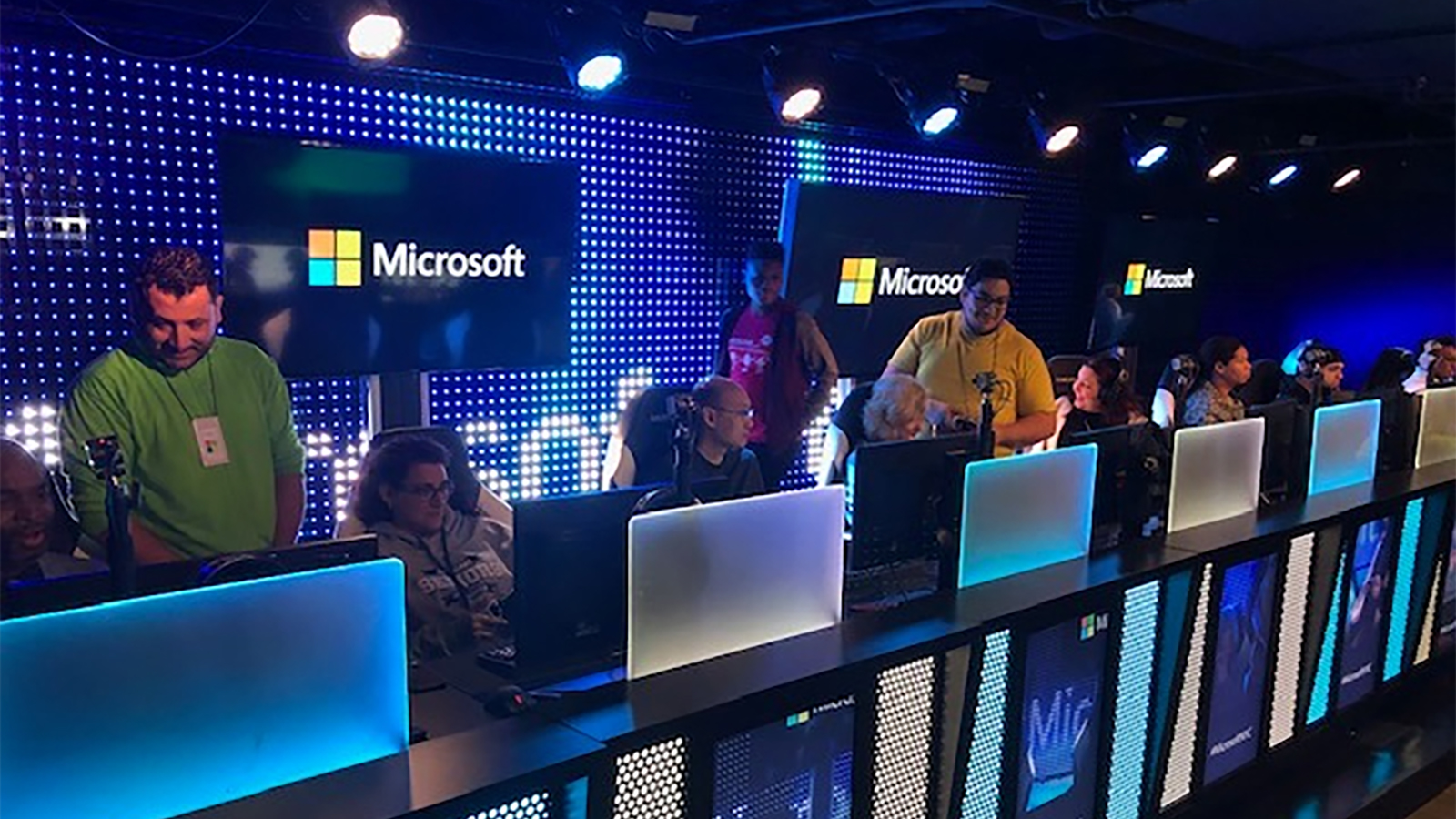
The future of Games for Change and the video games they are helping to inspire
Though this year proved to be more of a challenge for Games for Change due to Covid-19, the conference was a success even as it went entirely virtual, something that in many ways made it even more accessible for the rest of us.
After the conference ended, Games for Change uploaded all of the virtual talks and panel discussions to YouTube for anyone to watch, making it that much more relevant for game developers and creators today.
Perhaps more than anything, Games for Change wants us all to understand that video games aren't just a product we consume, but are a way for us to go out and tell our stories and make our voices heard in a world that ignores the most marginalized.
By making all of us realize that we have a role to play in making the games we, well, play, we have more power than we realize in creating the kind of world we want to see. You won't find a better ending to a video game than that.
- TechRadar’s PC Gaming Week 2020 is celebrating the most powerful gaming platform on Earth with articles, interviews and essential buying guides that showcase how diverse, imaginative, and remarkable PC games – and gamers – can be. Visit our PC Gaming Week 2020 page to see all our coverage in one place.

John (He/Him) is the Components Editor here at TechRadar and he is also a programmer, gamer, activist, and Brooklyn College alum currently living in Brooklyn, NY.
Named by the CTA as a CES 2020 Media Trailblazer for his science and technology reporting, John specializes in all areas of computer science, including industry news, hardware reviews, PC gaming, as well as general science writing and the social impact of the tech industry.
You can find him online on Bluesky @johnloeffler.bsky.social